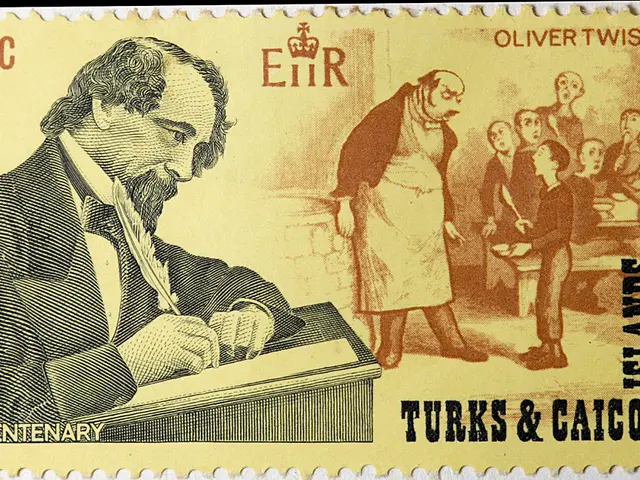Clashing economic visions expose deep divide between Democrats and Republicans
In a recent exchange, letter writers Eric Carey and Michael Lampel have highlighted contrasting views on economic policies between the Democratic and Republican parties. They've touched on issues like living wages, worker welfare, and wealth concentration.
Carey pointed out that the Republican Party has consistently opposed affordable health insurance, higher education, housing, child care, medication, and public transportation, all of which the Democratic Party has championed. Meanwhile, Lampel argued that Walmart workers, despite working full-time, often rely on SNAP benefits due to not earning a living wage. He believes this is an example of wealth transfer from the poor to the rich, facilitated by underpayment of workers by billionaires.
Lampel also noted that economist Adam Smith advocated for living wages in his work. Carey echoed Lampel's sentiments, stating that Democratic economic policies have historically targeted the needs of working Americans, unlike Republican spending which benefits the wealthy.
The letters highlight a long-standing divide in economic policies between the Democratic and Republican parties, with Democrats advocating for policies that benefit working Americans and Republicans often opposing these measures. The letters also raise concerns about worker welfare and wealth concentration, with both writers arguing that current economic conditions, such as low wages and reliance on food assistance, are indicative of these issues.






